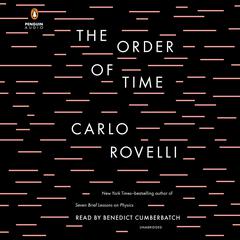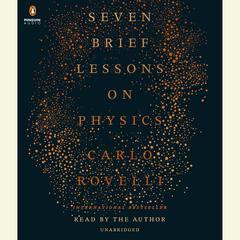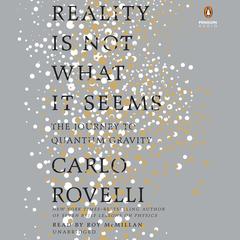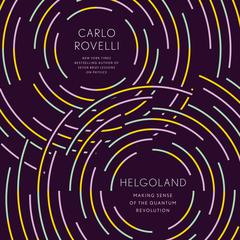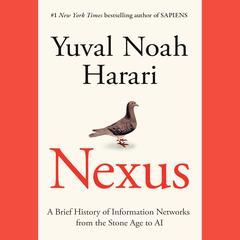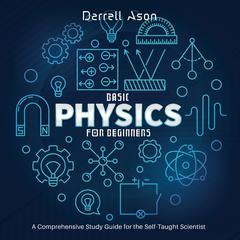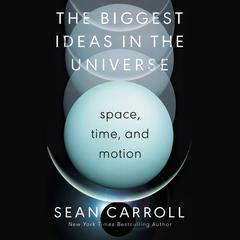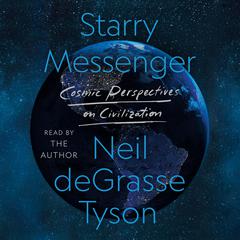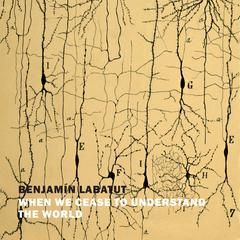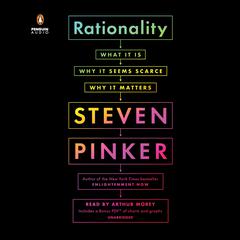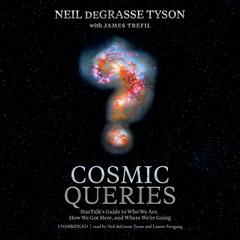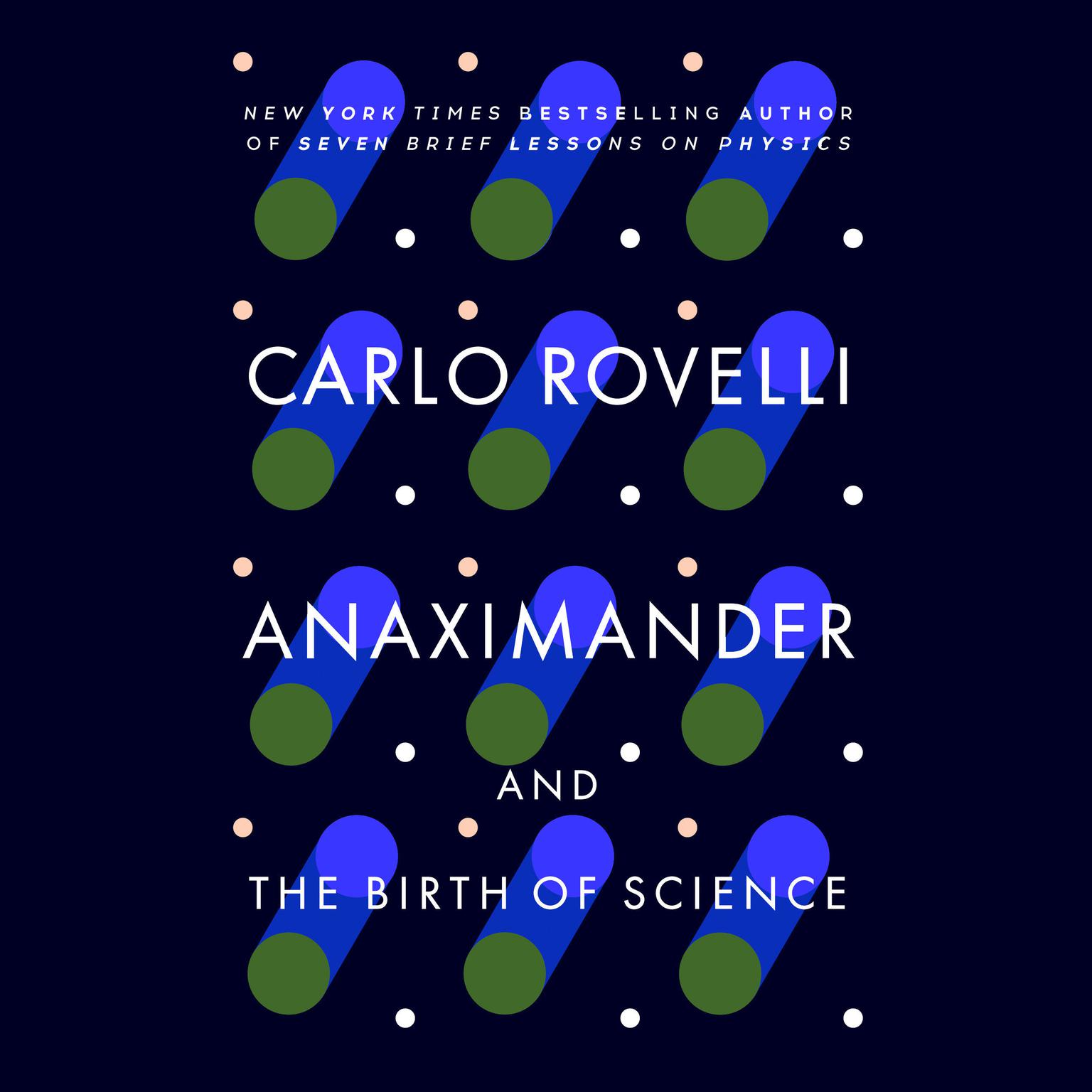 Play Audiobook Sample
Play Audiobook Sample
Anaximander: And the Birth of Science Audiobook
 Play Audiobook Sample
Play Audiobook Sample
Quick Stats About this Audiobook
Total Audiobook Chapters:
Longest Chapter Length:
Shortest Chapter Length:
Average Chapter Length:
Audiobooks by this Author:
Publisher Description
The bestselling author of Seven Brief Lessons on Physics illuminates the nature of science through the revolutionary ideas of the Greek philosopher Anaximander Over two millennia ago, the prescient insights of Anaximander paved the way for cosmology, physics, geography, meteorology, and biology, setting in motion a new way of seeing the world. His legacy includes the revolutionary ideas that the Earth floats in a void, that animals evolved, that the world can be understood in natural rather than supernatural terms, and that universal laws govern all phenomena. He introduced a new mode of rational thinking with an openness to uncertainty and the progress of knowledge. In this elegant work, the renowned theoretical physicist Carlo Rovelli brings to light the importance of Anaximander’s overlooked influence on modern science. He examines Anaximander not from the point of view of a historian or as an expert in Greek philosophy, but as a scientist interested in the deep nature of scientific thinking, which Rovelli locates in the critical and rebellious ability to reimagine the world again and again. Anaximander celebrates the radical lack of certainty that defines the scientific quest for knowledge. * This audiobook ncludes a downloadable PDF of maps, landmarks, artifacts, and some of the earliest antiquities found and documented from ancient times.
Download and start listening now!
Anaximander Listener Reviews
Be the first to write a review about this audiobook!
About Carlo Rovelli
Carlo Rovelli, an Italian theoretical physicist, is the head of the quantum gravity group at the Centre de Physique Théorique of Aix-Marseille Université. He is one of the founders of the loop quantum gravity theory and and the author of Seven Brief Lessons on Physics, a New York Times bestseller and international bestseller translated into over forty-one languages.
About Roy McMillan
Roy McMillan is a director, writer, actor, and an Earphones Award–winning narrator. Among his audiobook readings are Don Quixote by Miguel de Cervantes, A Dog’s Heart by Mikhail Bulgakov, and The Communist Manifesto by Karl Marx.




